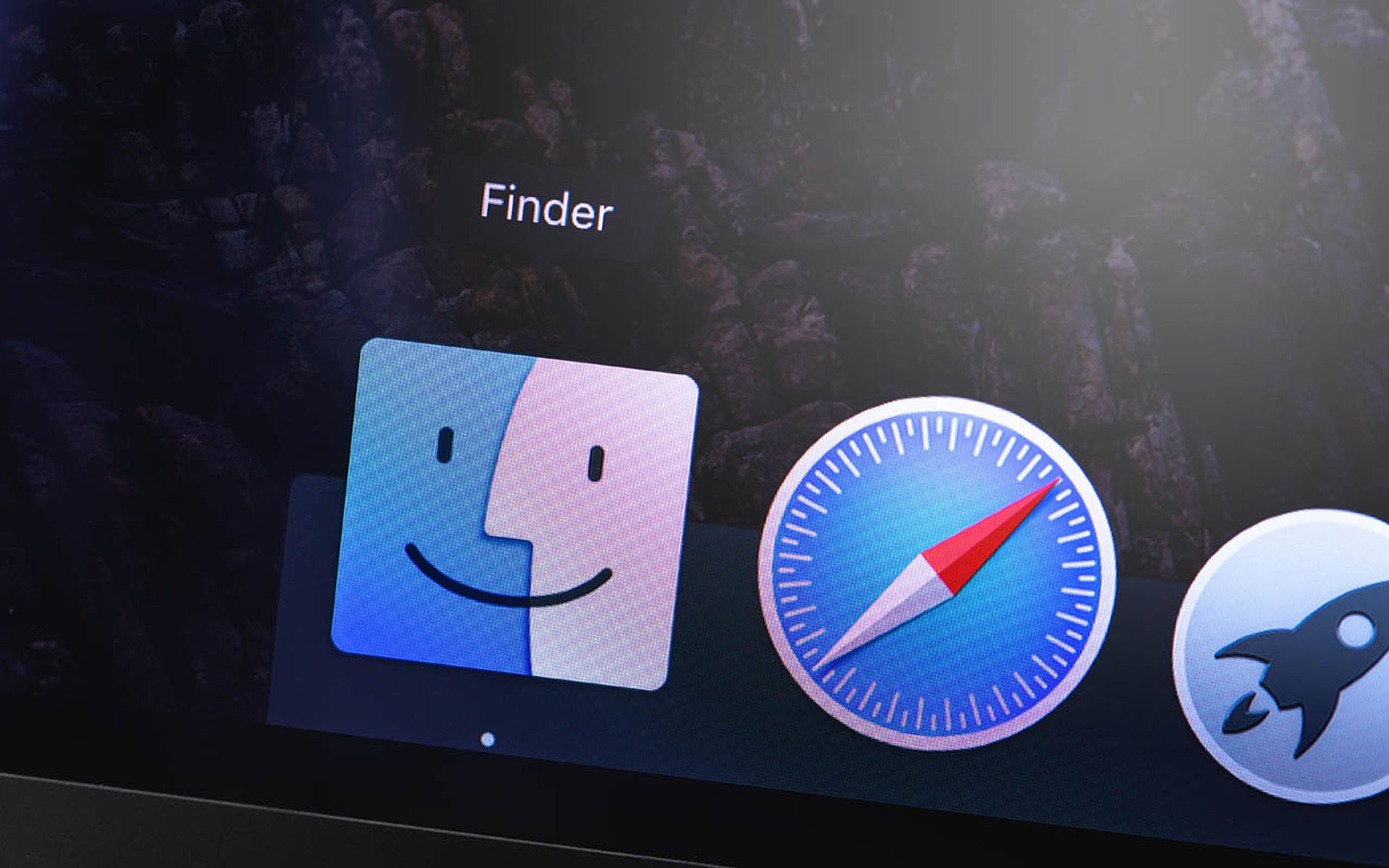When it comes to cyber hygiene people who live in the Northeast are marginally more likely to have good habits, while those with poor habits are scattered liberally across the country, according to a new Webroot report.
Working in conjunction with the Ponemon Institute, Webroot analyzed the cyber behavior of people in all 50 states and the District of Columbia and ranked them according to their cyber hygiene score. The states receiving a classification of “safest” were New Hampshire, Massachusetts, Utah, Rhode Island, Minnesota and Nebraska. Florida, Wyoming, Montana, New Mexico, Illinois and California were on the other end of the spectrum being considered the “riskiest” states.
Looking at the survey results it was very easy to understand why those states in the riskiest category, ignoring even basic safety measures like having antivirus software installed on their device, said Tyler Moffitt, Webroot's senior threat research analyst.
The survey asked respondents a series of questions related to infection incidents, identity theft, password habits, computer sharing, software update habits, antivirus/internet security usage, backup habits and an understanding of phishing.

Courtesy: Webroot
Breaking down the five riskiest states Webroot found many people did not learn from their past mistakes. Even after suffering an identity theft most people refused to change their basic online usage habits in order to make themselves safer. In addition, 45 and 50 percent of those residing in these states do not bother installing security software; 47 percent never back up their data and 72 percent said they share their passwords. All of this helps explain why these states suffer the higher per person rate, 28 percent, of having experienced 10 or more malware infections in the last year.
Not surprisingly residents in states deemed safest basically do the exact opposite of the folks in Florida. When having their identity stolen 80 percent alter their online habits and 60 percent change their passwords, most people report running a paid for internet security program as opposed to running freeware or not using any at all. About 43 percent automatically update their operating system and 35 percent back up their data on a daily or continuous basis. Finally, 88 percent of those surveyed said they did not share their passwords with others.
Looking at the country as a whole the study shows many Americans still do not take their cybersecurity very seriously. Fifty-four percent do not use any type of credit monitoring service, 50 percent said they use some type of antivirus software with 46 percent of these respondents opting for freeware and 20 percent do not bother to update their security software on a regular basis.
While the safest states do utilize proper password hygiene, nationwide the story is much different. Only 36 percent said they never shared their password, while 45 percent said they did so, but rarely, and the remaining 19 percent they shared this information frequently. When it comes to password diversity 36 percent use between one and five passwords for their various accounts. Another 28 percent use six to 15 and 36 percent use 16 or more passwords. Password managers are also not playing much of a role with 75 percent of the respondents saying they do not use one.



